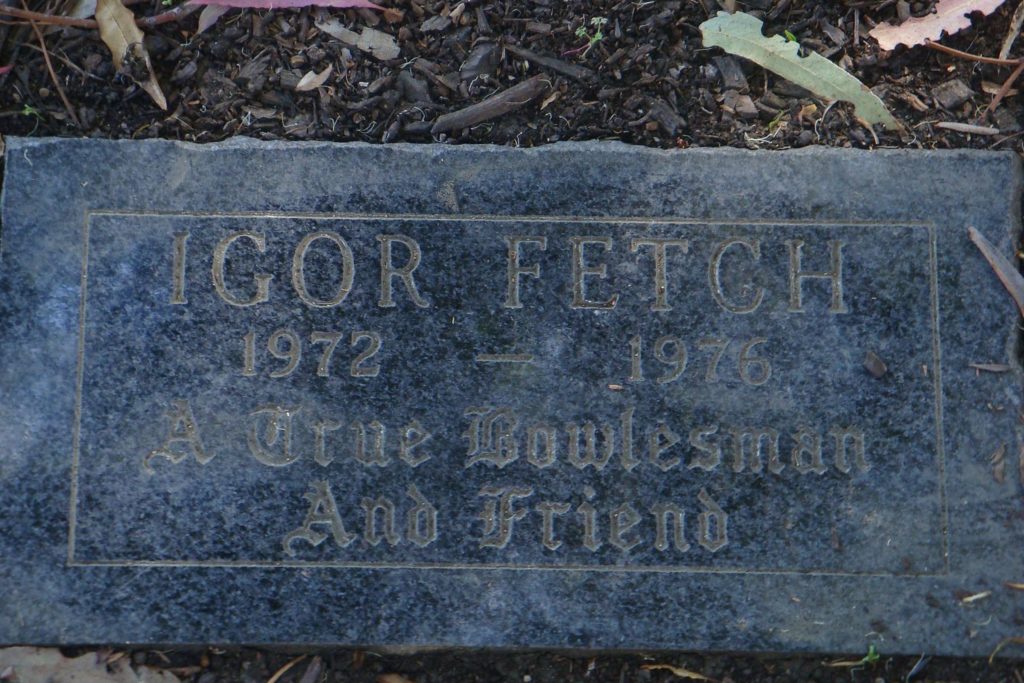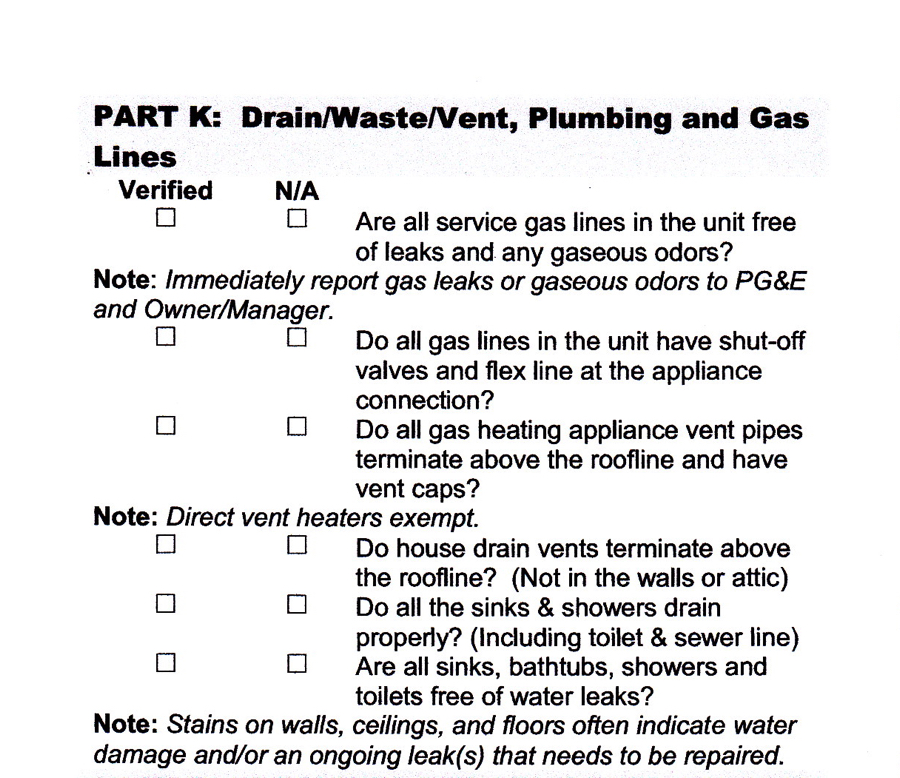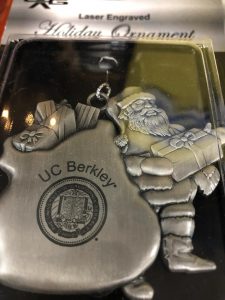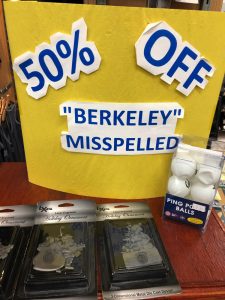The California state legislature just passed statewide rent control. It goes into effect January 1, 2020. If you want to know what’s the problem with rent control, just take Econ. 101 at Cal. Whenever there is a shortage of a commodity, the price of that commodity will go up. (That’s in ‘Microeconomic Theory’, the Econ. 101 textbook.) When the government fixes the price of a commodity, including rental housing, at a price that is below the market rate, it creates a shortage and make an existing shortage worse. (That’s also in ‘Microeconomic Theory.’) The truth is that it is hard to find a noted economist anywhere who supports rent control, even here in Berkeley.
Why is the rent in California so damn high? We have a huge rental housing shortage in California, and it is getting worse every year. In 1970, the population of California was 20 million. Today, it is 40 million. In 1945, the population of California was only 8 million. That means that for every 1 person who lived in California in 1945, there are now 5 people living here. Up until the 1960s, new apartment construction kept up with population growth, but then a gap started developing, and the resulting shortage has grown with time. This happened for a long list of reasons: the NIMBY movement ‘Not In My Back Yard’ started here. I know people who are perfectly willing to concede that we need to build a lot more housing, but they just don’t want that housing built near them. We also have high permit fees, restrictive zoning regulations, historic landmarking, environmental laws – including greenhouse gas emission restrictions, and lawsuits – lots and lots of lawsuits. And now we have to add to that list statewide rent control.
We need to build 200,000 new housing units in California every year just to keep up with population growth, but we are building less than 100,000 units a year, and this has been going on for over 20 years. Here in the Bay Area, the shortage is even worse. In San Mateo County, the heart of Silicon Valley, for every 4 jobs created over the past 10 years, 1 housing unit was built. It is this gap between supply and demand for housing in California that explains why house prices and rents are so high. We need to build a lot more rental housing in California, but who is going to build that housing and where will the money come from to build it? Rent control is not an incentive to build rental housing. It is a disincentive.
I have been expecting statewide rent control for a long time. It’s the reason why I never bought an apartment house. I prefer to rent houses and condos, which are exempt from rent control. I once owned a 3 unit property in Oakland, but I converted it to condos. Now that we have statewide rent control, I expect that a lot of apartment house owners across the state will convert buildings to condos and then sell them to owner-occupants, but that will just make the rental housing shortage even worse.
What happens to the poor? Statewide rent control in California is especially bad news for the poor. Whenever there is a shortage of a commodity that everybody wants, like housing, who gets it? Do the poor really get an equal shot at it with the rich? Suppose a landlord has an apartment for rent, and he receives 10 or 20 applications for it. Who is he going to rent to? How will he choose among the many people who want it? Will he rent this apartment to a wealthy applicant who can easily afford to pay the rent, or will he rent the apartment to a much poorer applicant, someone who can pay the rent, but only with difficulty? You know the answers to these questions. Whenever there is a shortage of something that everybody wants, it is the rich who get it first, and the poor who get it last, if they get any at all. Throughout the history of the world, this has never changed. You may not like that, but it’s the way things are.
Trump’s Trade War With China Is Making Things Worse. The California Building Industry Association estimates that President Trump’s tariffs on Chinese imports have increased the cost of building a new home in California by $30,000, a figure that they expect will rise. The National Association of Home Builders agrees, pointing out that over 500 types of products commonly used in housing construction are imported from China, including appliances, lighting, countertops, cabinets, tiles, nails, and laminates. The price of some lines of Chinese kitchen and bathroom cabinets has doubled since the trade war began. Needless to say, these costs are ultimately passed along to the people who live in newly constructed houses and apartments.








